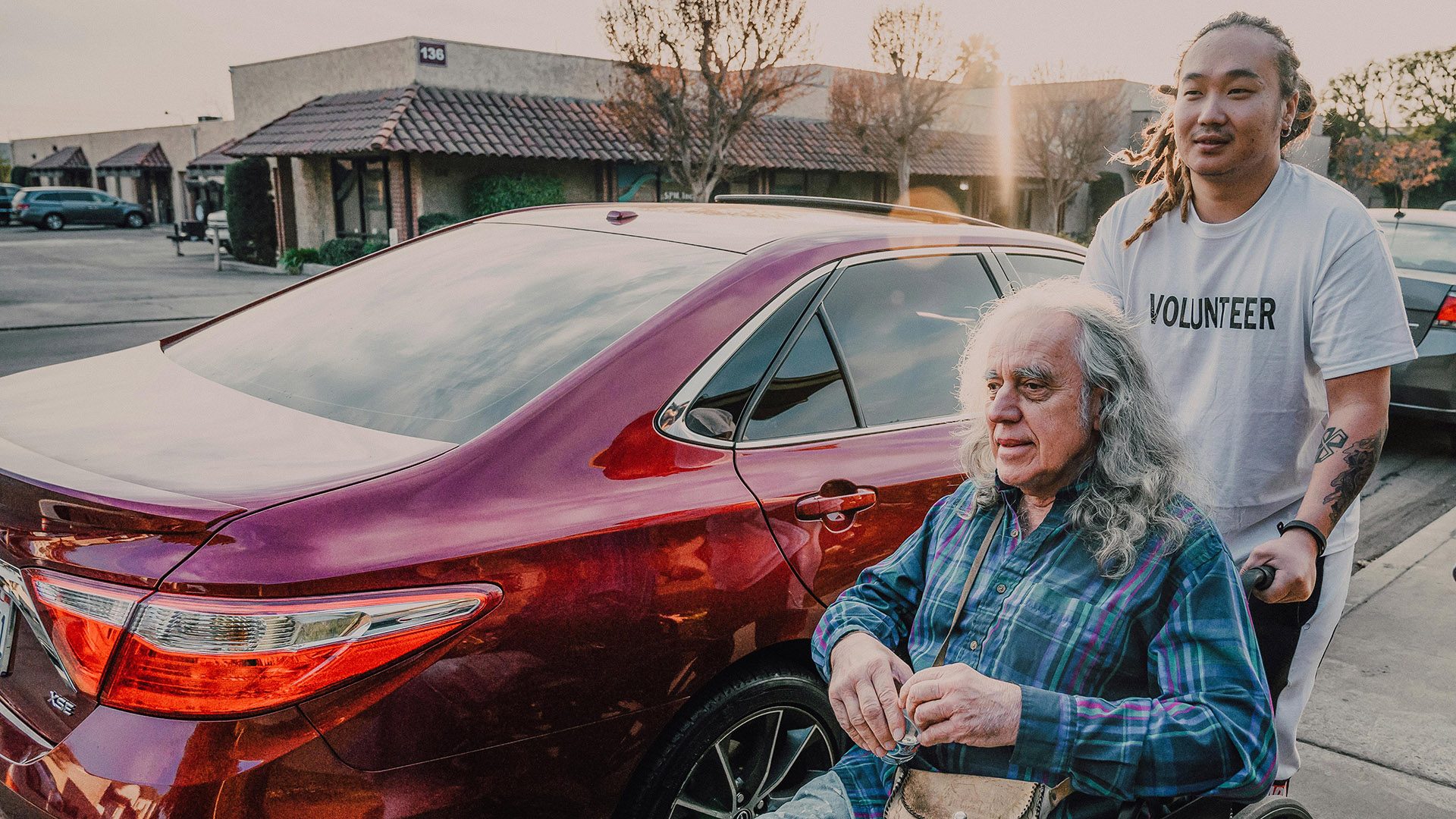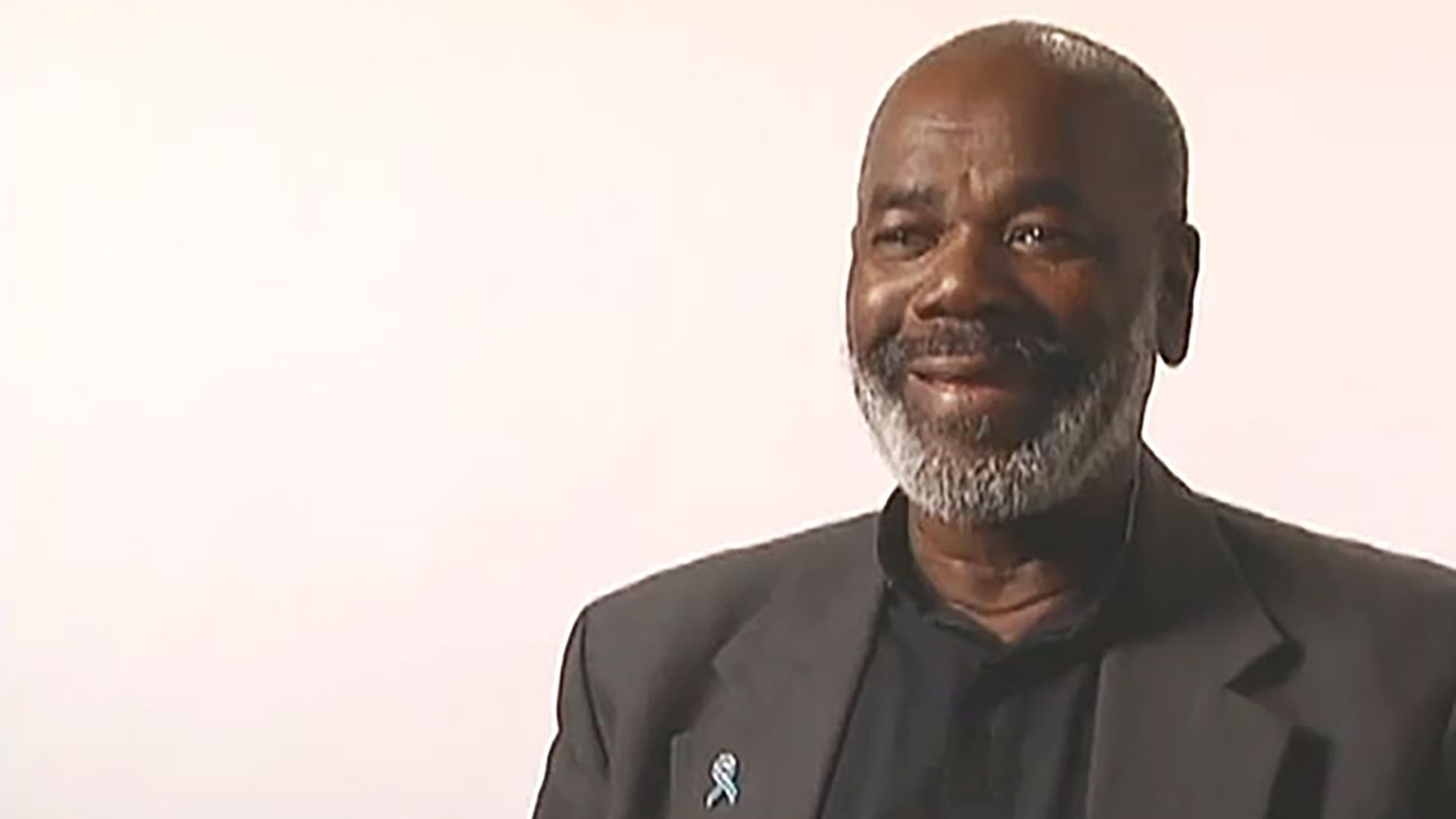Transportation and Other Cancer Support Services
A wide range of support services are available to help you, both during and after cancer treatment. See the chart below for some of the common services.

Find Support Services In Your Area
- Contact your area cancer organization or hospital and speaking with a patient services representative.
- Search online using keywords and the name of your community. For example, search for “food banks, Austin, TX.”
- Check the listings in the government or business sections of your local telephone directory.
- Talk with a helping professional such as a social worker or a representative from the Department of Health and Human Services in your area.
- Call the United Way 2-1-1 telephone helpline (www.211.org) is available in many areas. This helpline provides free and confidential information and referral with food, housing, employment, health care, counseling resources and more.
- Contact government agencies such as the National Cancer Institute (www.cancer.gov) and the Centers for Disease Control and Prevention (www.cdc.gov)
Support services may include help with air and ground transportation for medical care, emotional support, help with the process of returning to work or financial assistance for childcare and other needs. Knowing about support services may help you get through a challenging time when additional expenses create a financial and emotional burden.
How to Find Out About Support Services
Support services are offered by a variety of programs including nonprofit organizations, faith-based groups and government agencies. Many nonprofit organizations will help you find support service programs and apply for benefits at no charge. There is usually no need to pay for services that provide this type of referral or information.
Livestrong Cancer Navigation Services offers assistance to all cancer survivors, including the person diagnosed, caregivers, family and friends. The program provides education, information about treatment options and new treatments in development, counseling services and assistance with financial, employment or insurance issues.
Other good sources of information about support programs and resources:
- Family members and friends.
- Hospital social workers, case managers or other medical team members.
- Representatives from nonprofit cancer organizations.
Evaluating Support Services Found Online
The Internet can be a good resource for obtaining information related to support service programs. However, you may find that some websites do not clearly identify their sponsors and may be misleading about the sources of information used. See Finding and Evaluating Cancer Support Information for ways to identify trustworthy sources.
Take the following actions if you have serious concerns or bad experiences with any support services obtained online:
- If an online resource makes false claims about their services and/or products, notify the Federal Trade Commission.
- If you lose money by using the Internet to make purchases, contact your credit card company, the office of your state attorney general and the Better Business Bureau online.
There are many support services available for those who need them. A member of your health care team, such as a nurse or hospital social worker, may be able to refer you to a government-funded service or a community assistance program. You may also want to ask family, friends or a representative from a cancer organization for assistance.
Questions to Ask Support Services
- Are the support services you need available in your geographic area?
- Are the services are provided through a profit or nonprofit organization?
- Are there fees for services? One-time or ongoing?
- Are there eligibility requirements for participation in the support program?
Starting to Work with a Support Service
If you decide to work with a support program, find out when services will start and whether significant delays are common before you will begin receiving the benefits. Ask questions of the support program staff so that you are able to fully understand the services that they provide. Be certain to find out whether there will be a cost to you.
There may be a need to find a way to meet your needs during any waiting period. For example, if you are waiting for the benefits of a childcare assistance program to start, you may need to ask a family member or friend to help you for a short time until the benefits go into effect.
Support Services |
Organizations to Assist You |
| Air Transportation for Medical Care | |
| Ground Transportation | Non-profit organizations:
|
| Temporary Lodging During Medical Treatment |
|
| Counseling and Emotional Support | Nonprofit organizations
|
| Caregiver Assistance |
|
| Childcare Financial Assistance |
|
| Insurance Assistance |
|
| Legal Assistance |
|
| Food and Nutrition |
|
| Financial Assistance to Meet Basic Needs |
|
| Emergency Housing | Housing and Urban Development (HUD) |
| Elder Services |
|
| Utility Assistance |
|
| Telephone Assistance |
|
| Tax Preparation Assistance | Nonprofit organizations: |
| Home Maintenance Assistance | Nonprofit organizations:
|
| Support Services for Day-to-Day Needs |
|
| Job Search Assistance |
|
| Clothing and Appearance | Nonprofit organizations: |
| Exercise | Community centers and local parks offer opportunities to use recreational facilities and to participate in free or low-cost group exercise programs. Contact your Parks and Recreation Department. |

